Best Tools for Tracking Bugs and Issues in Small Development Teams
Efficient issue tracking is essential for maintaining a smooth and agile software development workflow. For small development teams, choosing the right bug tracking tool can be the difference between meeting deadlines and getting bogged down in disorganized feedback loops. While enterprise-level tools often come with extensive features and complex configurations, smaller teams need simplicity, affordability, and flexibility without sacrificing performance.
Fortunately, the landscape in 2025 offers a variety of lightweight, user- friendly, and scalable bug tracking platforms tailored to the needs of smaller dev teams. These tools help streamline the reporting process, prioritize fixes, manage sprints, and maintain transparency throughout the software lifecycle. Below, this post explores the best issue tracking tools that strike the perfect balance between capability and usability for small development teams.
Best Bug and Issue Tracking Tools for Small Development Teams in 2025
Small development teams require tools that are efficient, easy to manage, and flexible enough to support collaborative workflows. The following list features the top bug and issue tracking tools tailored to the specific needs of small tech teams, startups, and agile developers looking to streamline their error-handling process.
1. Clubhouse
Shortcut, formerly known as Clubhouse, is a streamlined project management tool designed specifically for software teams. It supports bug tracking, backlog management, sprint planning, and milestones, all within a fast, modern UI.
Shortcut stands out with its strong developer integrations (including GitHub, Bitbucket, and Slack) and its simple drag-and-drop boards. It’s designed to grow with your team, making it a great pick for small startups aiming to scale without changing tools midway.
2. Linear
Linear is a sleek and fast issue tracking tool that has quickly gained popularity among small to mid-sized development teams. Its minimalist interface emphasizes speed and keyboard shortcuts, allowing developers to create, update, and assign tasks without interrupting their workflow.
Linear supports both Kanban and list views, integrates natively with GitHub, GitLab, and Slack, and includes automation for repetitive tasks. Its focus on performance and simplicity makes it ideal for small teams that value efficiency and clarity over extensive configuration.
3. ClickUp
ClickUp is a flexible, all-in-one platform that combines task management, bug tracking, and documentation. It allows teams to customize their workspace, including statuses, fields, and dashboards, to fit their development process.
Though ClickUp is widely used for project management in general, its development-focused features—such as Git integrations, custom workflows, and bug templates—make it a capable tool for small dev teams.
4. YouTrack

Developed by JetBrains, YouTrack is a developer-oriented issue tracking and project management tool that supports agile workflows, sprints, backlog management, and time tracking. Its highly customizable issue tracking system allows teams to define their own workflows, issue fields, and automation rules.
For small teams, YouTrack provides a free tier with generous limits, and its integration with JetBrains IDEs makes it especially appealing to developers already in the JetBrains ecosystem.
5. Trello
Trello’s simplicity and visual Kanban layout make it a favorite for small teams. While it’s not a bug tracker by default, it can be customized into one using Power-Ups and integrations. Teams can create cards for bugs, assign labels, set due dates, and automate workflows with Butler (Trello’s automation tool).
Combined with Power-Ups like Jira, GitHub, or custom fields, Trello becomes a light yet effective issue tracking solution for non-complex development pipelines. It’s especially useful for teams that already use Trello for general task management.
6. Taiga
Taiga is an open-source project management platform tailored for agile developers. It supports user stories, sprints, backlog tracking, and bug reporting, all within a clean, intuitive interface.
What makes Taiga suitable for small development teams is its self-hosted option and modular setup. Teams can start with basic boards and add features like wiki pages, Kanban views, and sprint planning as needed. It’s an excellent choice for teams with technical know-how that want control over their infrastructure and workflows.
7. Redmine
Redmine is a robust open-source project management and issue tracking tool. Though its interface is more traditional, it offers powerful customization and plugin support. It supports Gantt charts, forums, document management, and time tracking—features that benefit small teams managing complex projects.
Redmine can be self-hosted, providing full control over your data and setup. It supports multiple projects and roles, making it ideal for small development agencies or freelance collectives handling several clients.
8. GitHub Issues
For teams that already use GitHub for version control, GitHub Issues is an easy choice. It’s deeply integrated with the codebase, allowing teams to track bugs and enhancements directly alongside commits, pull requests, and releases.
While its core features are relatively simple, the introduction of GitHub Projects and issue templates has expanded its utility for agile workflows.
9. BugHerd
BugHerd is a visual feedback and issue tracking tool designed for front-end development teams. It allows users to pin bugs and comments directly onto a live website, which are then logged as actionable tasks in a task board.
This visual approach simplifies bug reporting for clients and non-technical team members while keeping developers informed with detailed feedback, browser information, and reproduction steps. BugHerd is ideal for small web development teams working on client projects.
10. Zoho BugTracker

Zoho BugTracker is a lightweight but effective solution within the broader Zoho suite. It offers features like customizable workflows, SLAs, user access controls, and automated notifications.
For small teams already using other Zoho products like Zoho Projects or Zoho CRM, BugTracker integrates seamlessly and keeps things within a familiar ecosystem. It’s affordable, cloud-based, and designed to scale with growing teams.
Conclusion
Small development teams benefit most from bug tracking tools that are simple, adaptable, and cost-effective. Whether you prefer something lightweight like GitHub Issues or a fully customizable platform like YouTrack or Redmine, the right tool will streamline your workflow and improve team collaboration. Open- source options offer control, while cloud-based platforms bring ease of use. Each solution caters to different needs, so the choice depends on your team’s size, goals, and workflow. With the right tool, tracking bugs becomes less of a chore and more of a strategic advantage.
Related Articles

The 8 Best To-Do List Apps for Android in 2025

8 Best To-Do List Apps for Mac in 2025

How to Convert FLV to MP4 for Free: Top Tools and Easy Methods

Top 9 Apps to Effortlessly Add Text to Your Videos in No Time

Free Ways to Convert HEVC to MP4 Without Losing Quality

How to Easily Convert AVI to MOV Using 4 Reliable Tools

MPEG to MP3 Conversion Made Easy: A Complete Guide
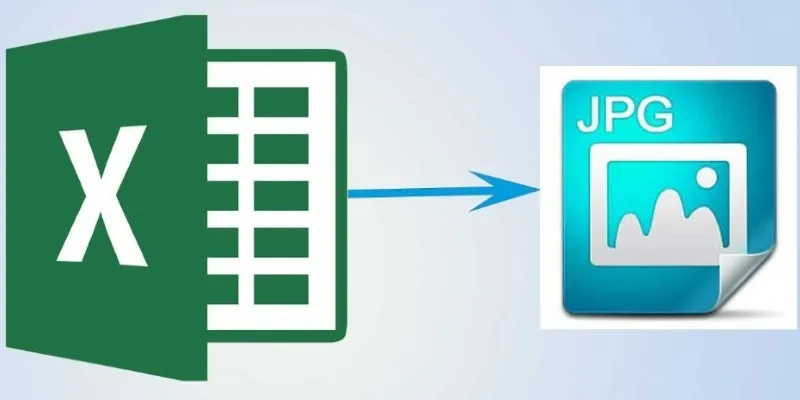
From Excel to JPG: Best Tools for Converting Charts into Images

Simple Methods to Convert ISO Files to MP4 for Beginners
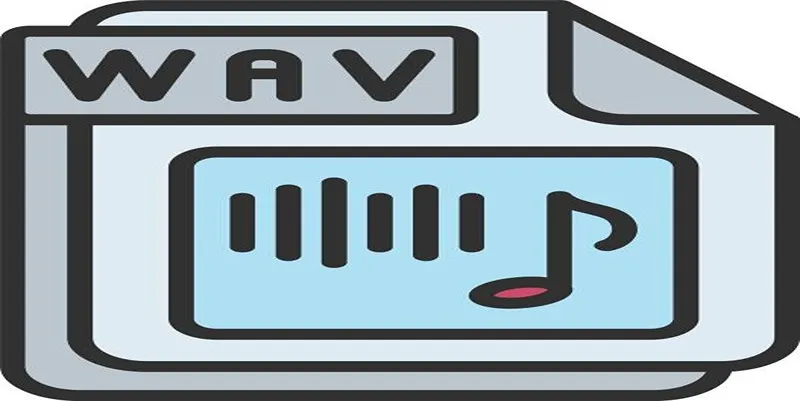
How to Convert MPEG to WAV: A Step-By-Step Guide

How to Easily Convert AVI to MOV Using 4 Reliable Tools

The 8 Best Live Chat Apps for Customer Support in 2025
Popular Articles

7 Effective Methods to Reduce Video Size on Your iPhone

Getting Real Results from an Internet Speed Test
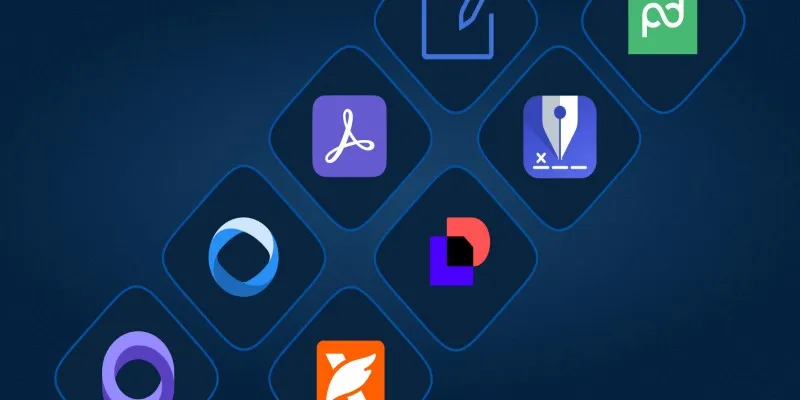
The Best DocuSign Alternatives in 2025 for Simple, Secure E-Signatures

Top Free Tools That Help Automate Repetitive Workflows with Ease

Easy Ways to Change 4K MTS Footage into MPEG Formats
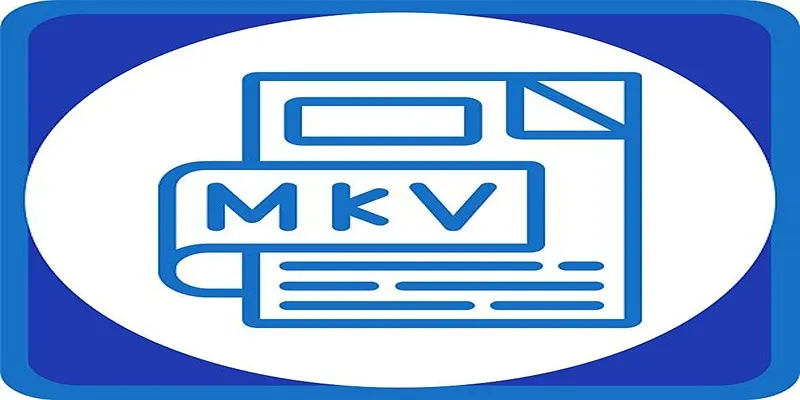
MKV vs. MP4: What’s the Difference, and Which Should You Use?

Offline Loom Alternatives: The Best 5 Tools for Screen Recording
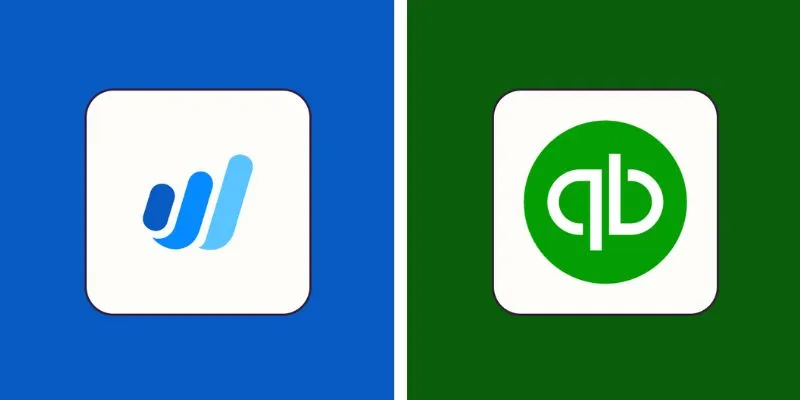
Wave vs. QuickBooks: Which Accounting Software Should You Choose?

5 Best Alternatives to Media Player Classic for a Smooth Viewing Experience

Safe and Secure: Free Antivirus Solutions for Daily Web Protection

How to Make a Funny Video: 6 Steps That Actually Work

 mww2
mww2